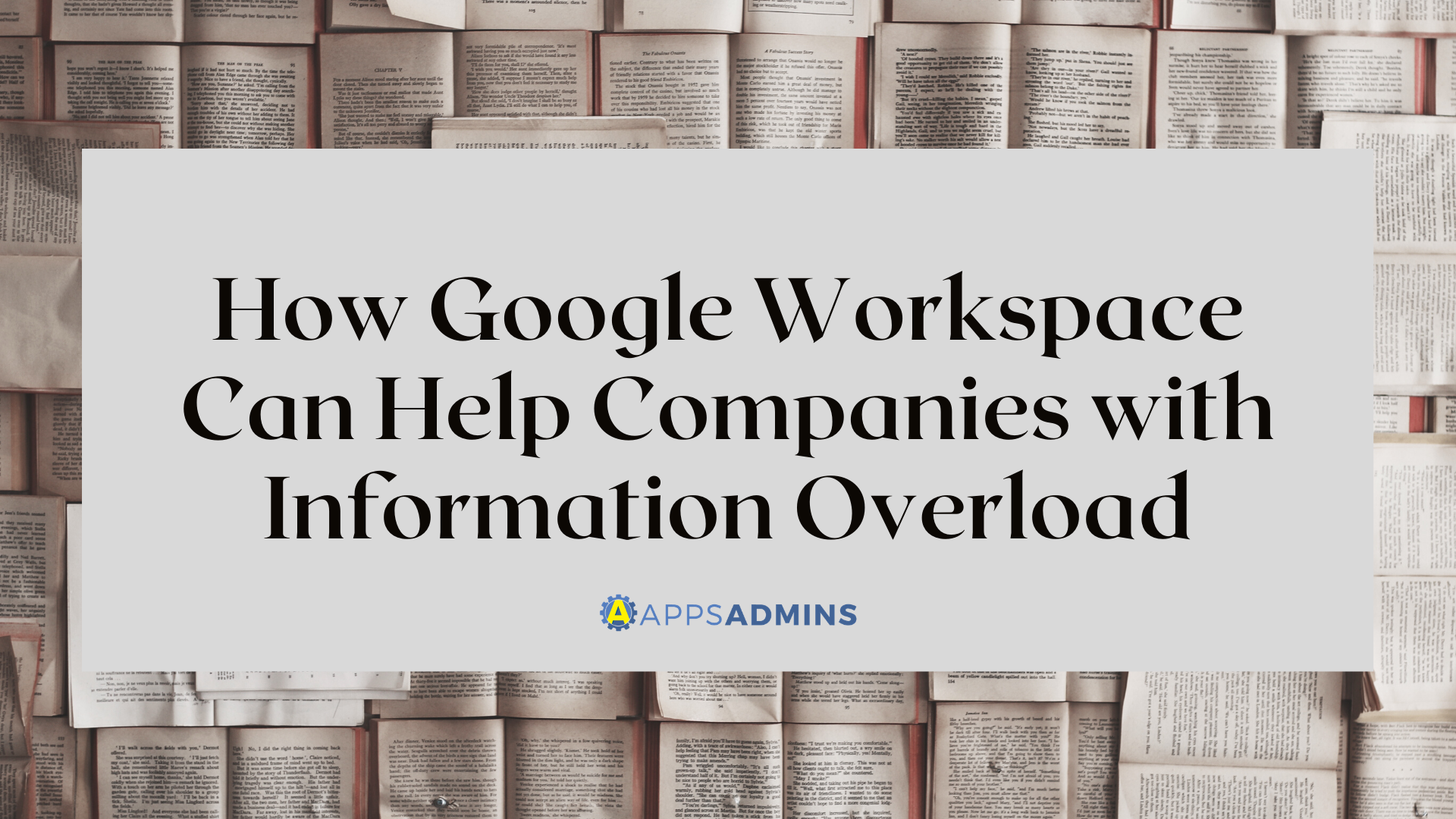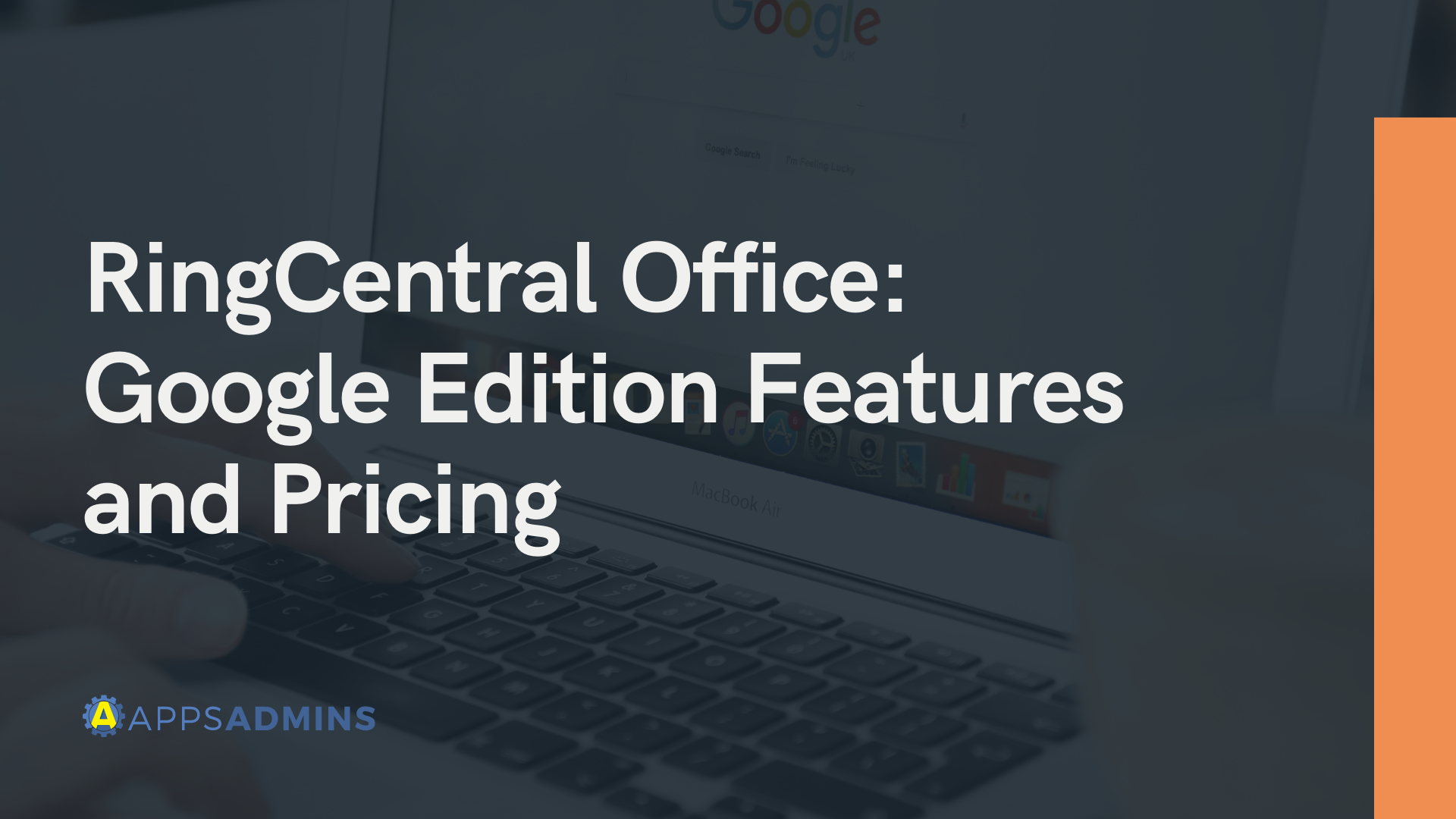G Suite Business Free for 30 Days
Sign up for a Free 30 Day Trial of G Suite Business and get Free Admin support from Google Certified Deployment Specialists.

 Every progressive company utilizing contact centers accepts that a cloud-based capability is the way to go in today’s hyper-competitive environment. However, that is like saying you need a smartphone to stay on top of things. The essential success factors if you are considering a cloud contact center solution is determining which potential partner can and will back up its marketing claims, and which center matches your specific requirements.
Every progressive company utilizing contact centers accepts that a cloud-based capability is the way to go in today’s hyper-competitive environment. However, that is like saying you need a smartphone to stay on top of things. The essential success factors if you are considering a cloud contact center solution is determining which potential partner can and will back up its marketing claims, and which center matches your specific requirements.
Controlling the Process of Call Center Software Selection
Selecting the right call center partner is a critical element in your eventual success. To properly evaluate the options you have, it’s important to look at each competitor in a methodical manner. We’ve identified three categories of focus and three issues within each of those areas. Properly ranking your potential call center provider based on these criteria will help you optimize your selection process.
Do they Offer the Right Technology?
Constantly evolving change is a given in the cloud contact center world, and you want a provider with the technology that gives you the competitive edge. Test their capabilities with these three benchmarks:
- Full Scalability and Maximum Uptime. You want the ability to launch a new campaign with maximum capacity while controlling overall costs during slower periods. Likewise, you will want to have a written reliability guarantee that meets your expectations.
- Capabilities over Multiple Channels. The projects you initiate today require a full range of communications channels, from fax and voice to email, video and full social media. (IM/SMS/chat). The proper technology will allow a fully efficient integration and crossover of your messages for any and all of these vehicles.
- Unified and Integrated Processes. You should expect the selected vendor to offer full and detailed management of your customer experience over the entire process, from initiation to conclusion.
Have They Earned a Track Record in the Marketplace?
It’s relatively easy to buy sophisticated software and call center systems in today’s environment. The challenge is to put that technology to work effectively and to consistently produce the results for which it is designed. Ask your potential partner about:
- The Installed Base. You will want to have specifics that detail how long the current system has been in use in the cloud, how mature the applications are, and how many clients have been managing how many customers with it.
- Significant Cloud-Based Experience. As the last point notes, the experience test for a cloud contact center partner consists of two parts: How long it has been used successfully as an application and how long it been operating reliably in the cloud.
- Well-Trained and Responsive Support. Understanding what level of support is contractually provided is at the core of long-term success. Response times, level of experience, customer-level empowerment, and support scalability are all factors in assessing the support you will receive after the deal is signed.
Has the Market Voted Positively?
Nothing speaks to a cloud-based call center partner’s capabilities like the feedback from the marketplace. If you want to know how a provider will meet your expectations, check to see how they have performed with existing and previous partners. Three specific areas to examine include objective analytics and market data. Get the numbers to show:
- Transactions, Volume and Market Share. Ensure you have hard data on how the potential partner is now performing in the marketplace. This includes their annual interactions (with seasonality spikes factored in), number of agents and sites supported, and how the vendor ranks relative to its competition.
- Gauge the Satisfaction of Current Customers. Your potential partners should be able to give you references from existing clients who have requirements similar to yours. Ask the vendor for their best and worst case histories, and learn as much as possible about how well the vendor listens to and responds to its customers once you are on board.
- Look to the Other Team Members. If you are considering partnering with a cloud contact center, you should understand who has already joined up and how they have been served. Similar to the last point, this item deals with the broader issue of what kinds of companies have and do rely on this vendor for their success.
Apply these guidelines to your analysis of potential partners. You’ll find these questions and measurements bring clarity to selecting the best call center solution for your specific needs.
.jpg?width=818&name=appsadmins-svg-rules-1%20(2).jpg)







